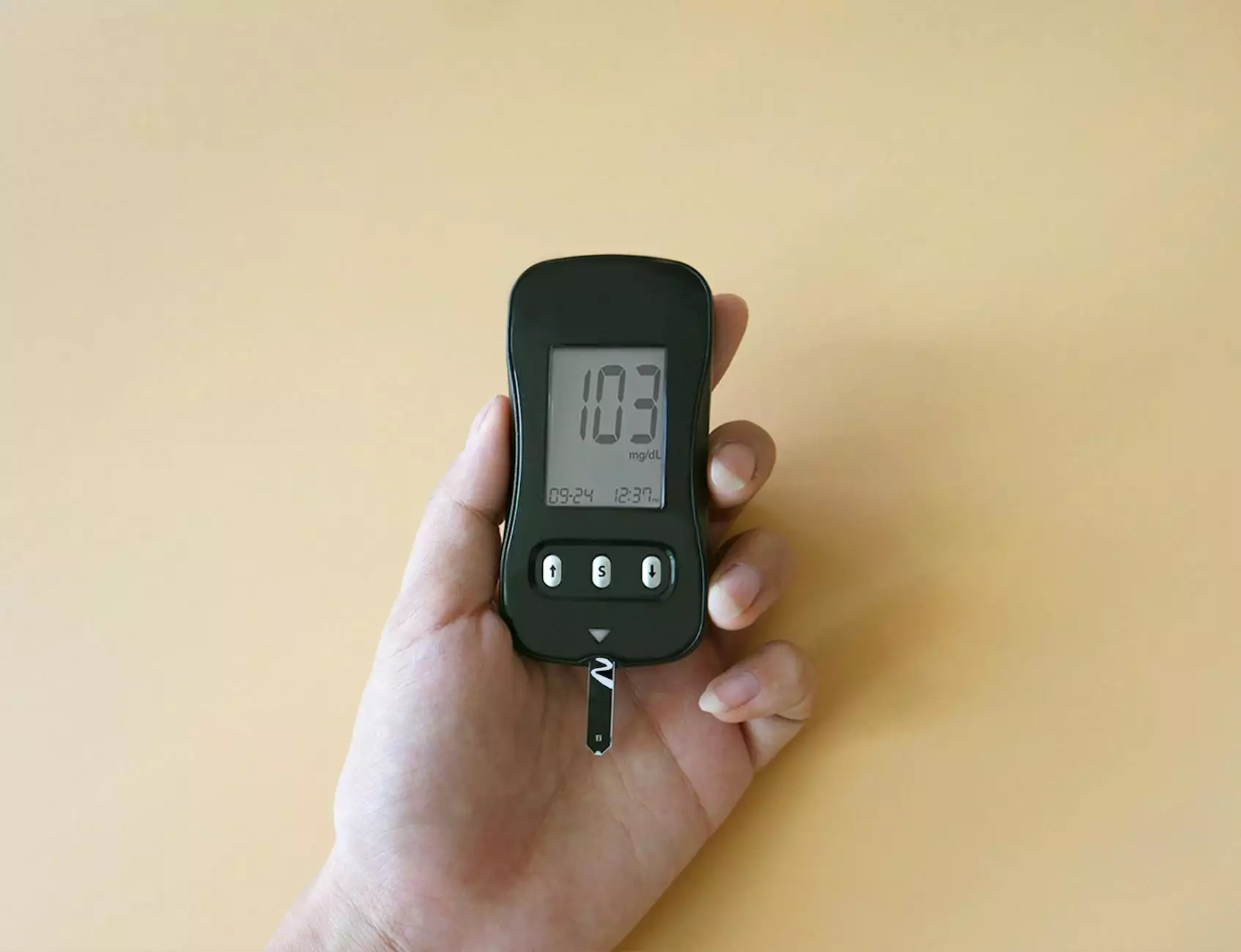Understanding Diabetes Pills: A Comprehensive Guide

Diabetes is a chronic condition that affects millions of people worldwide. Managing diabetes effectively is crucial to maintaining a healthy lifestyle and preventing complications. One of the significant advancements in diabetes management is the introduction of diabetespil. In this article, we will delve into what diabetes pills are, how they work, and their role in diabetes management.
What Are Diabetes Pills?
Diabetes pills, or diabetespil, refer to medications that help control blood sugar levels in individuals with diabetes. These pills are generally categorized into several classes, each working in different ways to lower blood glucose levels. Understanding these classes can empower patients and caregivers to make informed decisions about their treatment plans.
Types of Diabetes Pills
There are several types of diabetes pills, each with its specific mechanism of action. Here are the most common categories:
- Biguanides: The most well-known drug in this category is Metformin. It works by decreasing glucose production in the liver and improving insulin sensitivity.
- Sulfonylureas: These drugs stimulate the pancreas to release more insulin. Common examples include Glipizide and Glyburide.
- Thiazolidinediones (TZDs): These medications improve insulin sensitivity and include drugs like Pioglitazone and Rosiglitazone.
- GLP-1 Receptor Agonists: These help increase insulin secretion, decrease the amount of glucose produced by the liver, and slow down gastric emptying. Examples include Liraglutide and Exenatide.
- SGLT2 Inhibitors: These medications work by preventing the kidneys from reabsorbing glucose back into the blood, leading to excess glucose being excreted in urine. Canagliflozin and Dapagliflozin are notable examples.
- DPP-4 Inhibitors: These drugs help increase incretin levels, which regulate insulin and glucagon secretion. Sitagliptin and Saxagliptin are commonly prescribed.
How Do Diabetes Pills Work?
Each type of diabetes pill operates differently within the body to help control blood glucose levels. Here’s a closer look at how they function:
Biguanides
Biguanides, especially Metformin, work primarily by reducing hepatic glucose production. They also enhance the body’s sensitivity to insulin, which is vital for controlling blood sugar levels. Metformin is often the first medication prescribed for Type 2 diabetes due to its proven efficacy and safety profile.
Sulfonylureas
Sulfonylureas help the pancreas produce more insulin. They are effective in lowering blood sugar levels but require careful monitoring to avoid hypoglycemia (low blood sugar). Regular check-ups are essential for individuals taking these medications.
Thiazolidinediones (TZDs)
These drugs act by enhancing insulin sensitivity in muscle cells and fat cells. They help in the efficient usage of glucose but may come with risks such as weight gain and heart issues.
GLP-1 Receptor Agonists
GLP-1 receptor agonists mimic the incretin hormone, leading to enhanced insulin secretion in response to meals, reduced glucagon secretion, and delayed gastric emptying. These effects together help stabilize blood sugar levels post-meals.
SGLT2 Inhibitors
SGLT2 inhibitors prevent glucose reabsorption in the kidneys, promoting its excretion through urine. This not only aids in controlling blood sugar but also provides benefits like weight loss and lower blood pressure.
DPP-4 Inhibitors
These medications inhibit the DPP-4 enzyme, which breaks down the incretin hormones. By increasing the levels of these hormones, DPP-4 inhibitors promote insulin secretion and decrease the amount of glucose produced by the liver, aiding in blood sugar control.
Benefits of Utilizing Diabetes Pills
The use of diabetes pills comes with numerous benefits for individuals managing diabetes:
- Better Blood Sugar Control: Properly prescribed diabetes pills can lead to significant improvements in blood glucose levels.
- Convenient Administration: Most diabetes pills are taken orally, making them easier to integrate into a daily routine compared to injections.
- Prevent Complications: Effective diabetes management helps prevent severe complications, including heart disease, kidney damage, and nerve issues.
- Customized Treatment: Healthcare providers can tailor treatment regimens based on individual needs and health conditions.
- Improved Quality of Life: By stabilizing blood sugar levels, diabetes pills can enhance overall well-being and energy levels, enabling individuals to lead more active lives.
Challenges and Considerations
While diabetes pills offer substantial advantages, there are challenges associated with their use:
- Side Effects: Some individuals may experience gastrointestinal distress, weight gain, or hypoglycemia depending on the medication type.
- Adherence: Consistency in taking medication as prescribed is crucial. Skipping doses can lead to poor blood sugar control.
- Regular Monitoring: Patients must frequently monitor their blood sugar levels to ensure they remain within target ranges.
- Consultation with Healthcare Providers: Regular consultations with healthcare professionals are essential to monitor the efficacy and adjust dosages or medications as needed.
The Role of Lifestyle in Diabetes Management
While diabetespil play a significant role in managing diabetes, lifestyle choices are equally important:
- Balanced Diet: A nutrient-rich diet helps control blood sugar levels and maintain a healthy weight.
- Regular Exercise: Physical activity improves insulin sensitivity and overall health.
- Weight Management: Achieving and maintaining a healthy weight can significantly impact diabetes control and medication effectiveness.
- Stress Management: Reducing stress through mindfulness, yoga, or other techniques can help regulate blood sugar levels.
Consulting Healthcare Providers
Before starting any medication, including diabetespil, individuals should consult healthcare providers. It’s essential to discuss medical history, current health conditions, and any other medications being taken to avoid potential interactions. Furthermore, healthcare providers can provide tailored advice and potential alternatives.
Conclusion
Understanding diabetespil and their role in diabetes management is vital for individuals affected by this condition. By combining these medications with a healthier lifestyle, patients can achieve better control of their blood sugar levels and enhance their quality of life. For more information and personalized advice, visit klinische-apot.com.



